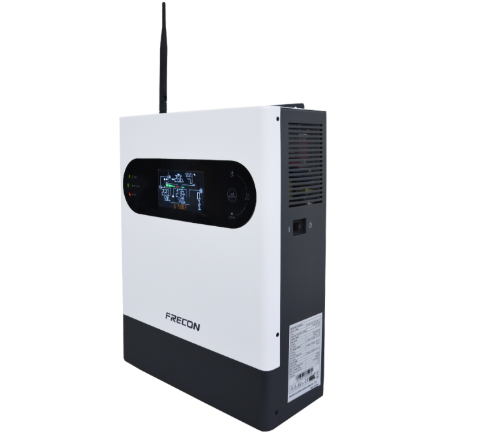When considering solar energy solutions, understanding the differences between off-grid and hybrid inverters is crucial. Each type serves distinct needs and applications, particularly for those investing in solar technology.

What is an Off-Grid Inverter?
A solar inverter off grid is designed to function independently from the utility grid. This setup is ideal for remote locations where traditional electricity is unavailable. Off-grid inverters convert the direct current (DC) generated by solar panels into alternating current (AC) for household appliances. They often come equipped with energy storage systems, like batteries, enabling users to store excess energy for use during non-sunny periods. This type of inverter is essential for achieving energy independence and ensuring a reliable power supply in isolated areas.
What is a Hybrid Inverter?
In contrast, a hybrid inverter, also known as an inverter grid off, combines features of both grid-tied and off-grid systems. It allows users to harness solar energy while remaining connected to the utility grid. This flexibility means users can draw power from the grid when solar generation is insufficient and feed excess energy back into the grid when production exceeds consumption. Hybrid inverters typically include battery storage capabilities, making them versatile for various energy needs. This adaptability is particularly beneficial for urban settings where grid access is available but users also want to maximize their solar energy utilization.
Key Differences Between Off-Grid and Hybrid Inverters
The primary difference between a solar inverter off grid and a hybrid inverter lies in their operational framework. Off-grid inverters operate independently, relying solely on solar energy and battery storage. In contrast, hybrid inverters offer a dual approach, seamlessly switching between solar energy and grid power as needed. Additionally, off-grid systems typically require larger battery banks to ensure a consistent power supply, while hybrid systems can rely on the grid during peak demand times. This distinction can impact both installation costs and overall energy management strategies.
Conclusion
Understanding the differences between off-grid and hybrid inverters is essential for selecting the right solar energy solution. A solar inverter off grid provides independence and reliability in remote areas, while an inverter grid off offers flexibility and efficiency for urban users. For those considering these options, FRECON offers the SP600 Off Grid Solar Inverter, a pure sine wave inverter equipped with a built-in 100A MPPT, designed to meet the demands of off-grid living effectively.





